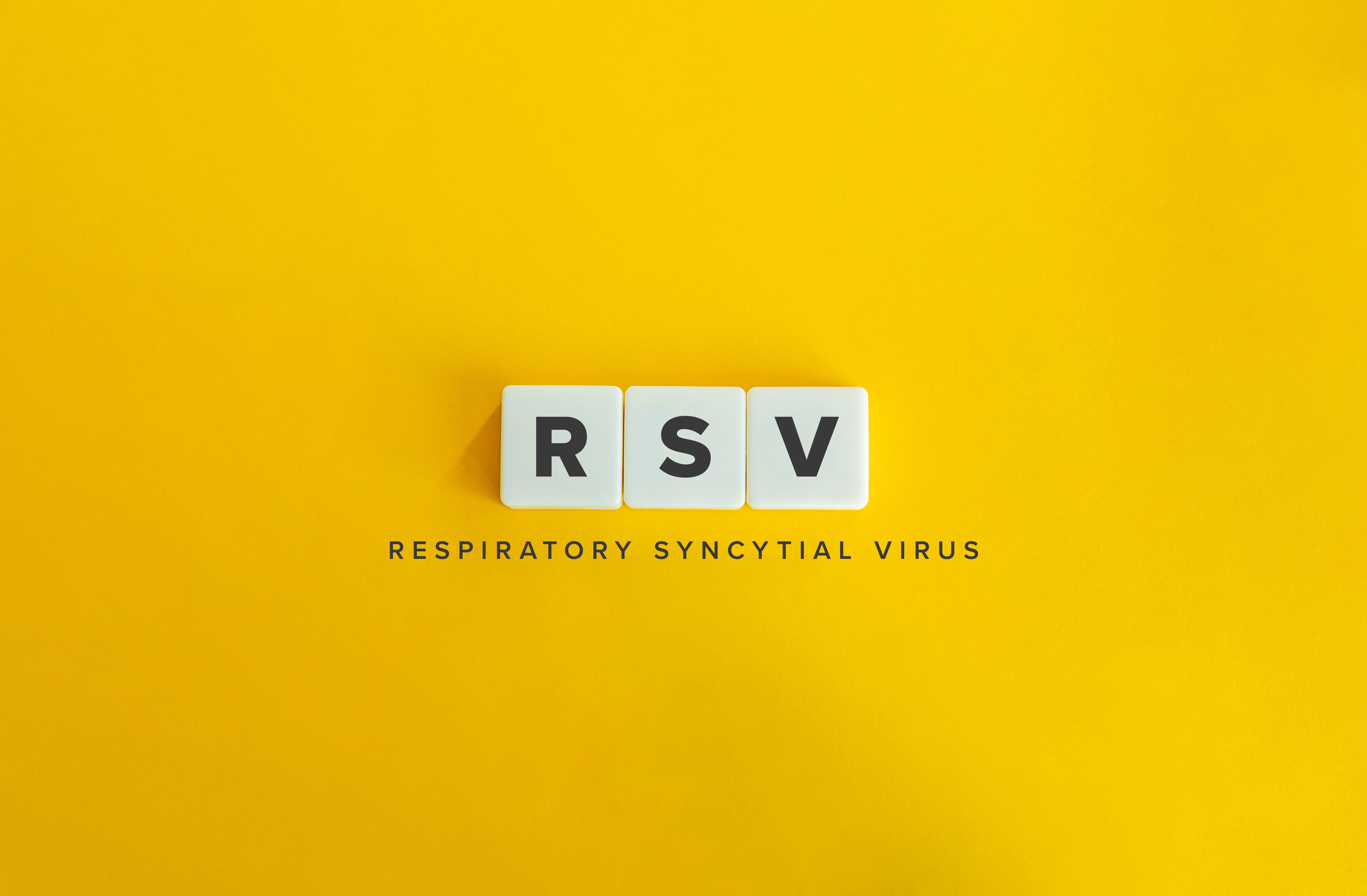Commentary
Article
Understand RSV Treatment Options in Adults
Author(s):
The CDC recommends RSV vaccination for all adults aged 60 years and older.
Respiratory syncytial virus (RSV) is the most common cause of lower respiratory tract infections in adults. This is especially true when it comes to older adults. Every year, an estimated 60,000 to 120,000 individuals are hospitalized because of RSV and of those, about 6000 to 10,000 die from the infection.¹
RSV is incredibly common, and many individuals are infected by it without even realizing it. It is possible to get infected by the RSV virus multiple times each year because the body may not develop a full immunity to it. The virus can mimic common cold symptoms, including a sore throat, cough, headache, and runny nose. In severe cases, patients may develop a severe cough, wheezing, rapid or difficulty breathing, and a bluish skin tint due to lack of oxygen. Depending on the patient’s risk factors and age, the patient may need to be hospitalized. Individuals at heightened risk for severe disease include those with lung diseases and lung comorbidities, those with weak immune systems, and adults over 65 years of age.¹
Image credit: photoopus | stock.adobe.com

The symptoms caused by RSV typically last 2 to 8 days, unless it causes other complications, which may cause symptoms for much longer. RSV virus and infection can also worsen preexisting asthma and chronic obstructive pulmonary disease (COPD).1
The CDC recommends RSV vaccination for all adults aged 60 years and older. There are 2 vaccines currently approved in the United States to prevent RSV infection: Arexvy (GSK) and Abrysvo (Pfizer).²
There are no treatment options specifically for RSV infections at this time. For those impacted by it, especially with mild symptoms, taking fluids and rest may be the best solution. Those that have other preexisting conditions, such as COPD or asthma, may need to see a provider to receive a prescription for symptom management and/or oxygenation to reduce breathing difficulties. As the body ages, it loses the natural ability to fight the infection, so it is important for older individuals to see a health care provider when symptoms occur.¹
Health care providers, including pharmacists, should talk to patients about receiving all their necessary vaccines, including the RSV vaccine, COVID-19 immunizations and boosters, and influenza vaccines. Health care providers can also coadminister the vaccines for patients who are eligible to receive them in the same visit. Providers should also consider testing the patients for symptoms of acute respiratory illness and high-risk conditions for respiratory pathogens that can cause major infections. The real-time reverse transcription-polymerase chain reaction (rRT-PCR) test is the preferred method for testing for respiratory viruses.³
Recommendations for patients should include basic lifestyle habits to help prevent the spread of the RSV infection. These include washing hands as often as possible and avoiding exposure to symptomatic individuals. Patients should try to keep their surroundings as clean as possible, including the kitchen, bathroom, countertops, doorknobs and handles in the house, where germs can gather. Utensils and drinking glasses should not be shared, especially with those who are sick. Infected patients should not smoke or be exposed to tobacco smoke, which can make breathing challenges worse.⁴
RSV is a serious infection that causes many hospitalizations and deaths in the United States and around the world. By taking preventive measures, getting vaccinated on time, and avoiding exposure to others with cold or flu symptoms, patients can be as protected as possible against RSV.
References
1. RSV in Adults. American Lung Association. Updated December 8, 2023. Accessed February 6, 2024. https://www.lung.org/lung-health-diseases/lung-disease-lookup/rsv/rsv-in-adults#:~:text=Preventing%20RSV%20in%20Adults,vaccination%20is%20right%20for%20you.
2. Healthcare Providers: RSV Vaccination for Adults 60 Years of Age and Over. CDC. August 30, 2023. Accessed February 6, 2024. https://www.cdc.gov/vaccines/vpd/rsv/hcp/older-adults.html
3. Increased Respiratory Syncytial Virus (RSV) Activity in Parts of the Southeastern United States: New Prevention Tools Available to Protect Patients. News release. CDC. September 5, 2023. Accessed February 6, 2024. https://emergency.cdc.gov/han/2023/han00498.asp
4. Respiratory syncytial virus (RSV). Mayo Clinic. October 4, 2023. Accessed February 6, 2024. https://www.mayoclinic.org/diseases-conditions/respiratory-syncytial-virus/symptoms-causes/syc-20353098






